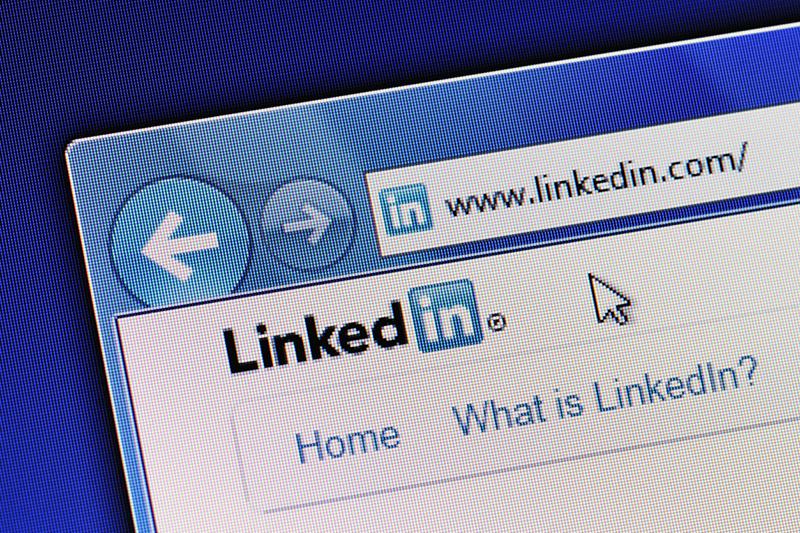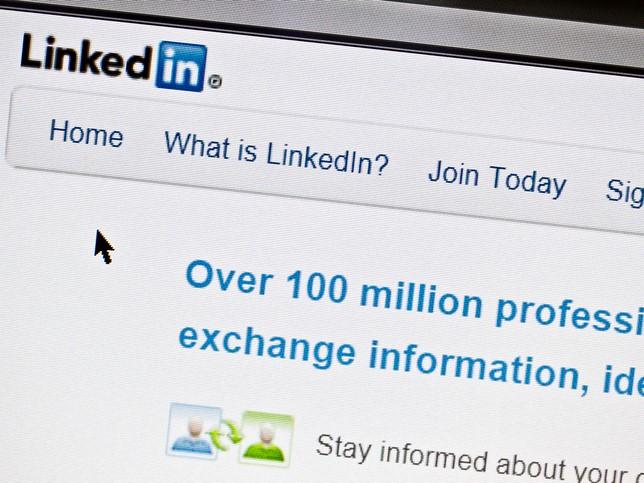Building a positive digital profile comes with significant benefits for academics. People outside your immediate network can get to know you, and a digital network connects you to audiences and opportunities that might otherwise be out of reach. You can promote the events and activities you organise and stay connected to people you meet at conferences. In the long run, this contributes to your national and international reputation, credibility and professional voice. It also increases your visibility to the media, policymakers and business leaders who may seek experts in your field.
In my role as advocacy manager, I encourage our academics to engage meaningfully with the media and help them share their work confidently across platforms, including social media. Although some platforms, such as X (formerly Twitter), have become infamous for hostility and bullying, others – for example, LinkedIn or Bluesky – are gaining popularity among academics.
- How to preserve academic credibility when engaging with social media
- How to create snackable social media content
- Making the most of social media: practical tips for academics
However, many colleagues have serious concerns about what we might call “overexposure”. Their worries range from online harassment, such as public naming and shaming, to receiving unpleasant remarks from peers who view social media engagement as mere self-promotion.
Today’s advocate might be tomorrow’s critic, especially when egos clash or personalities conflict. A colleague’s large following on LinkedIn may be viewed as a source of influence – and potentially power. Some fear sarcastic comments such as: “Oh, you’re an academic influencer and blogger now?” And while there’s nothing inherently wrong with that, such labels may still be looked down upon in certain academic circles.
Some scholars might even see social media exposure as being at odds with their religious beliefs or cultural values. Others worry that “oversharing” online encourages gossip (albeit unintentionally).
So, where does social media engagement tip from profile-building into oversharing?
First, consider that your LinkedIn profile, with its focus on developing a professional presence, is a public digital CV. Mentions and tags are visible to current and potential employers, colleagues, peers in the sector, possible collaborators, industry stakeholders, funders and students. While freedom of speech is valued, sending the wrong kind of message to your professional community can backfire. A great deal can be inferred about a person’s character through their social media activity. Not only that but your profile often represents your employer as well as yourself.
Second, think about how much visibility or engagement is comfortable and useful for you. The line might be different depending on whether you are employed or looking for your next contact. Some employers might value frequent posts and a larger following; others might view being over-vocal on social media as a negative thing.
Other concerns are about visibility among students. Students – and their parents – actively check academic profiles. This can be helpful for promotion of educational programmes but if a digital profile is not carefully curated, it may come across as immature or underdeveloped. Or it could simply fail to reflect the breadth of one’s expertise.
If we can draw a line somewhere, sharing political views, personal conflicts or emotionally charged content – especially negative content – might not be a good idea. You could hurt someone’s feelings, provoke unnecessary debates and arguments, or simply regret oversharing once the situation improves. It might be better to discuss such matters with a few trusted colleagues who can offer support during challenging times.
Being more visible may require a thicker skin. Sharing publication alerts or working papers online – especially if you have a strong media presence – means opening yourself and your outputs to closer scrutiny. This can be great for impact but could also attract criticism or negative attention. You might need strategies to ensure that comparisons with others don’t damage your confidence.
So, is the answer to enlist expert help in managing an academic social media presence?
Some colleagues and institutions already offer such services, while others hire external agencies or assistants to manage their LinkedIn profile and even help write engaging content. It is a good idea to seek help from your communications team (if you have one) and ask them to review your profile and provide professional feedback on your digital presence.
Learning from your own mistakes can be useful but learning from others’ experience is a safer choice. Pay attention to what your colleagues post – what works well, what encourages you to engage with their content and which kinds of posts provoke negative reactions.
If you decide LinkedIn is the right platform for you, these tips might help:
- Use any support or training offered by your university’s communications team. If these resources are not available, look online to understand how LinkedIn’s algorithms work.
- Be clear about your goals. What do you want to achieve with your media engagement? How do you want to position yourself within the community? What messages are you trying to convey?
- Always be professional and polite. That said, projecting constant positivity is unrealistic. If you’re not in the right headspace, take a break from LinkedIn.
- If you find yourself dragged into a conflict, don’t engage. Remove the tag or block users if necessary, and seek support from your employer. You are not alone.
Of course, you might choose to maintain no LinkedIn presence at all, or to keep only a minimal one, using it primarily to follow updates from others and stay informed. Many colleagues prefer to rely on their institutional webpage, which can be drafted with support from marketing teams and digital experts.
No matter what you choose, the decision is yours and you should feel confident in it. Building a media presence can open valuable opportunities in the digital age, but you are always in control of your privacy. You decide which moments to share with the wider community and which to keep within your trusted circle.
Larisa Yarovaya is associate professor of finance at the University of Southampton.
If you would like advice and insight from academics and university staff delivered direct to your inbox each week, sign up for the Campus newsletter.




comment